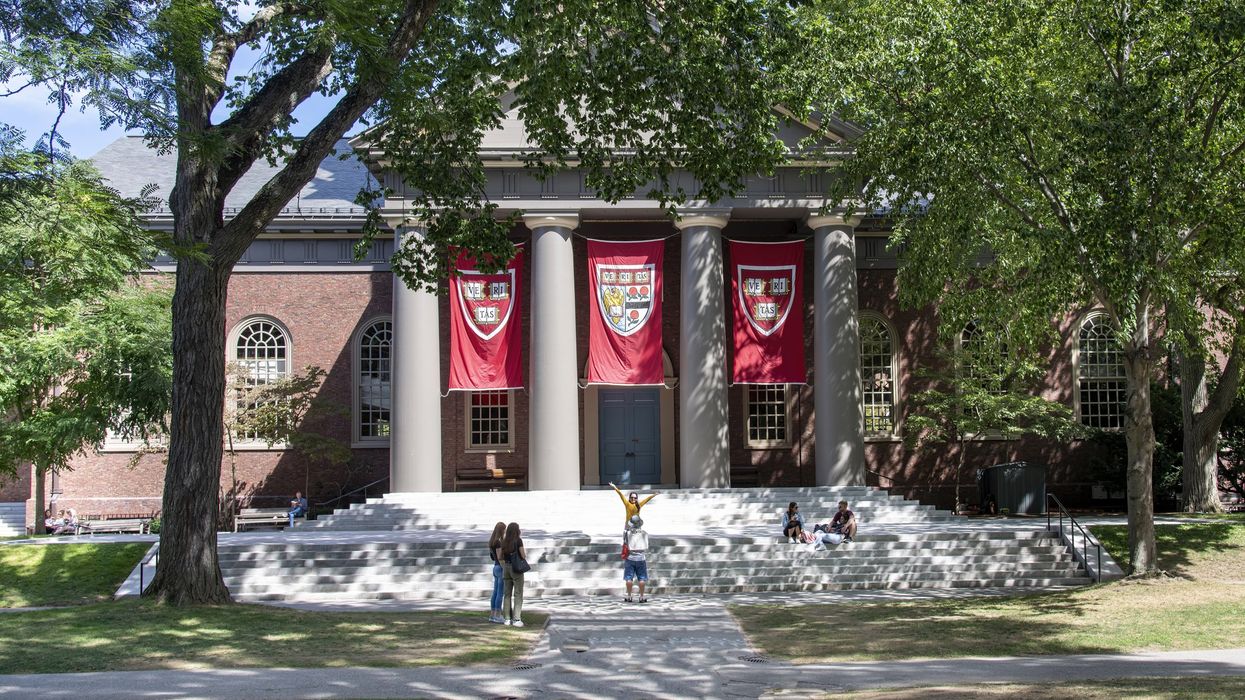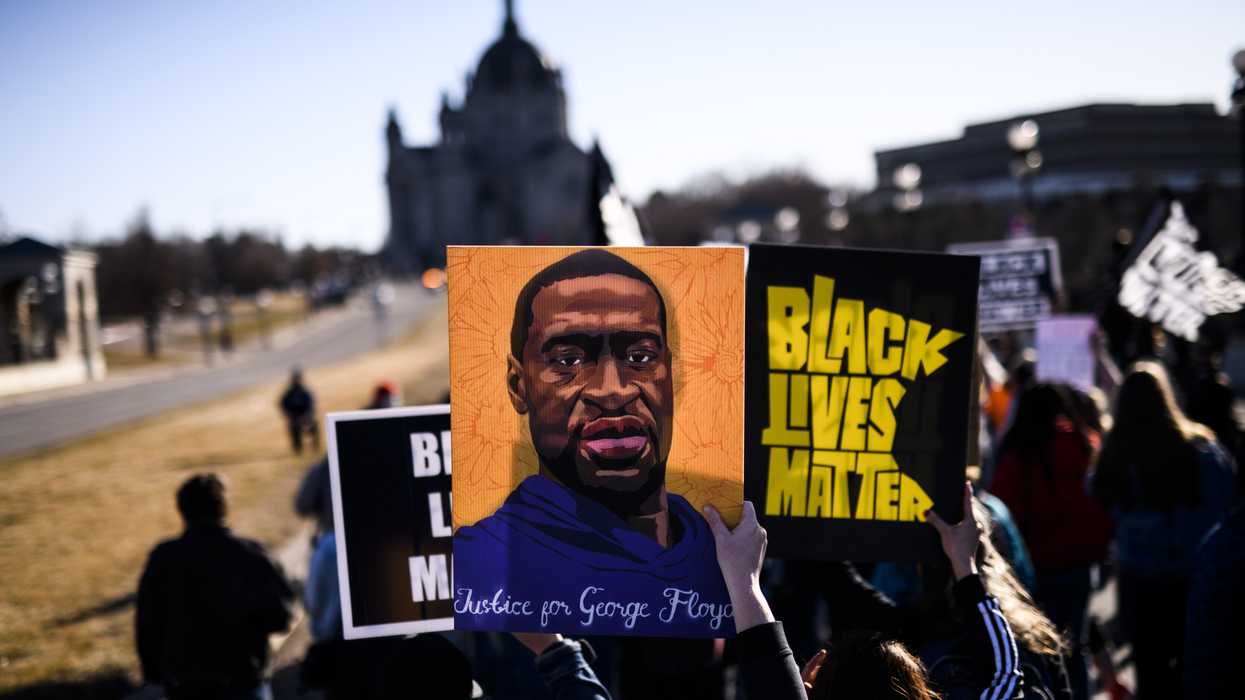The great American historian, Richard Hofstadter, author of the prophetic, “The Paranoid Style in American Politics,” (1964) wrote, “A university's essential character is that of being a center of free inquiry and criticism—a thing not to be sacrificed for anything else." Unfortunately, up until now, no great university has heeded these words when it came to challenging the Trump administration’s war on higher education and other key social institutions.
Harvard is finally standing its ground. As Trump escalates his campaign against higher education, President Alan Garber’s rejection of the White House’s outrageous demands is both overdue and essential. His defiance could mark the beginning of broader resistance to an agenda determined to reshape—or dismantle—America’s leading universities. This bold move could inspire other institutions to defend their autonomy and uphold the principles of academic freedom. But one question remains: why didn’t Columbia, or powerful institutions like the Paul Weiss law firm, take a similar stand?
A Dangerous Escalation
The Trump administration’s decision to freeze $2.2 billion in federal funding to Harvard, just hours after Garber’s statement, represents a sharp escalation in its efforts to intimidate and control elite academic institutions in hopes of bringing the rest of higher education into line. The demands are staggering in scope: faculty purges, ideological audits, the dismantling of Diversity, Equity, and Inclusion (DEI) programs, and the punishment of student protesters. These aren’t legitimate reforms—they’re political purges cloaked in bureaucratic language. The administration doesn’t view universities as spaces for open inquiry but as ideological battlegrounds to be conquered.
Harvard, finally, said no.
Columbia, by contrast, caved in. Facing similar pressure, its leadership restructured departments, modified disciplinary policies, and allowed increased government oversight of its academic operations. None of it worked—Columbia’s federal funding remains frozen and it may soon be placed under court-ordered supervision. The lesson is clear: appeasement doesn’t pay. Only principled resistance offers a chance to preserve institutional integrity in the Trump era.
Just as disappointing was the silence—or complicity—of powerful legal institutions to Trump's power grab. Take Paul Weiss, the high-powered law firm previously known for its work with liberal causes. Like Columbia, it caved, letting the Trump administration use it like a doormat. When Trump threatened similar sanctions, Paul Weiss didn’t protest. Instead, the firm took the easy way out by agreeing to pro bono work for Trump's causes, despite knowing the administration's actions were illegal. With its vast influence, the firm could have coordinated legal pushback. Instead, it remained silent, signaling deference or fear. When the legal profession fails to defend itself, the threat to democratic norms deepens for us all.
Breaking the Cycle
Harvard’s refusal matters because it disrupts a pattern of institutional surrender. Garber’s statement, reinforced by a legal letter describing the administration’s demands as “unmoored from the law,” was not just a rejection—it was a model for how universities can respond with clarity and resolve. Harvard recognizes that the battle must be fought on multiple fronts, including public relations; it even redesigned its homepage to emphasize the life-changing research supported by federal grants, from new cancer therapies to assistive technologies. All of which could be taken away, simply because Trump’s political agenda demands that elite institutions like Harvard bend down before him.
But Harvard cannot stand alone. Other institutions must recognize that this is not an isolated dispute—it is part of a larger effort to erode freedom and gain political control over major institutions. If the most powerful universities fail to push back, who will? Harming higher education will weaken America by stifling innovation, critical thinking, and the development of future leaders. The erosion of academic freedom undermines the very foundation of a democratic society—a key part of the authoritarian playbook, making it crucial for all educational institutions to unite in defense of their independence and integrity.
Some resistance is emerging. Princeton has made public statements of concern, and several universities are joining lawsuits against the administration’s actions. But many remain silent, perhaps hoping to avoid notice. Columbia’s fate shows that silence is no shield. This administration is not offering compromise—it demands submission.
What’s Really at Stake
This is not just a fight over campus politics. It is a battle over the future of democratic governance—over who defines truth, who controls knowledge, and who prepares the next generation of civic leaders. When universities and other key institutions are reduced to instruments of political control, democracy starts to rot from within. Authoritarian regimes don’t just silence dissent—they rewrite the curriculum.
Harvard’s stance must become a rallying cry. This is not a moment for celebration but for solidarity. Resistance will be costly—legally, politically, and financially. But the cost of surrender is far greater: the erosion of academic freedom and the collapse of democratic norms.
Now is the time for courage. Institutions with voice, credibility, and resources must speak out. And if they won’t, the public must demand to know: what exactly are they afraid of?
Robert Cropf is a Professor of Political Science at Saint Louis University.




















